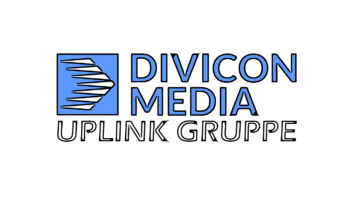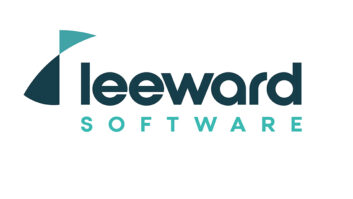Will the satellite radio merger actually happen? That’s the big question hanging in the air for a lot of folks today.
It seems likely this merger could produce something of a battle royal between traditional broadcasters and the satellite companies that some radio people used to refer to as the Death Star.
The announced $13 billion tax-free stock exchange – a “merger of equals,” as XM and Sirius are describing it – promises cost savings and more negotiating muscle with automakers and program creators. But it seemed a long shot when it first was muttered about a few years ago, and when it resurfaced more urgently a few months back. Now that a proposal is on the table, analysts are split about whether the deal will go through.
Some believe eventually it will, including former FCC Chief of Staff Blair Levin, now an analyst at Stifel Nicolaus & Co. He told Reuters it’s a close call but believes eventually the FCC and DOJ will approve it.
Jonathan Jacoby at Banc of America says in a research note his company sees the probability of getting regulatory approvals by the first quarter of 2008 at “less than 50%,” saying it might not be so easy to change or get a waiver to the FCC rule that prohibits one satcaster from owning another.
He also questions how soon shareholders might see benefits of the estimated $5 billion in cost savings – perhaps not until the end of the decade.
FCC Chairman Kevin Martin said the bar would be set “high” and that both companies would need to demonstrate that consumers would be better off, with both “more choice and affordable prices.”
There’s no doubt NAB is going to be screaming and jumping about this deal, but analysts differ on what strategies the broadcast association will pursue to combat the merger. Options include seeking a legislative solution in addition to lobbying the commission. Based on the early reaction from NAB this week, we can expect it to paint satellite radio as the “poster child for indecency” to legislators.
This brouhaha all boiled up relatively quickly since it popped up more urgently on business radar screens a few months back. (There have been rumors of a possible merger since the two companies launched.) If you ask me, though, the timing is already late if the satellite companies want to get this through the commission before the 2008 elections – much less by the end of this year, as they say. In between all its focus on broadband deployment, commissioners also are immersed in rewriting the broadcast ownership rules, and they still haven’t finalized IBOC rules.
This is a massive, complicated deal with national implications. The expectation by XM and Sirius of getting this approved by the end of the year is ambitious, assuming it passes regulatory muster at all.
Drop me a line with your own prediction or comment, to [email protected].












